Agriculture continues to evolve with the help of modern machinery, and one of the critical components contributing to this transformation is the pump technology used for irrigation. Among these, the Agricultural Self-Priming Pump has emerged as a practical solution for farms of various scales. These pumps combine efficiency with convenience, helping farmers meet their irrigation needs with less manual intervention and consistent water flow.
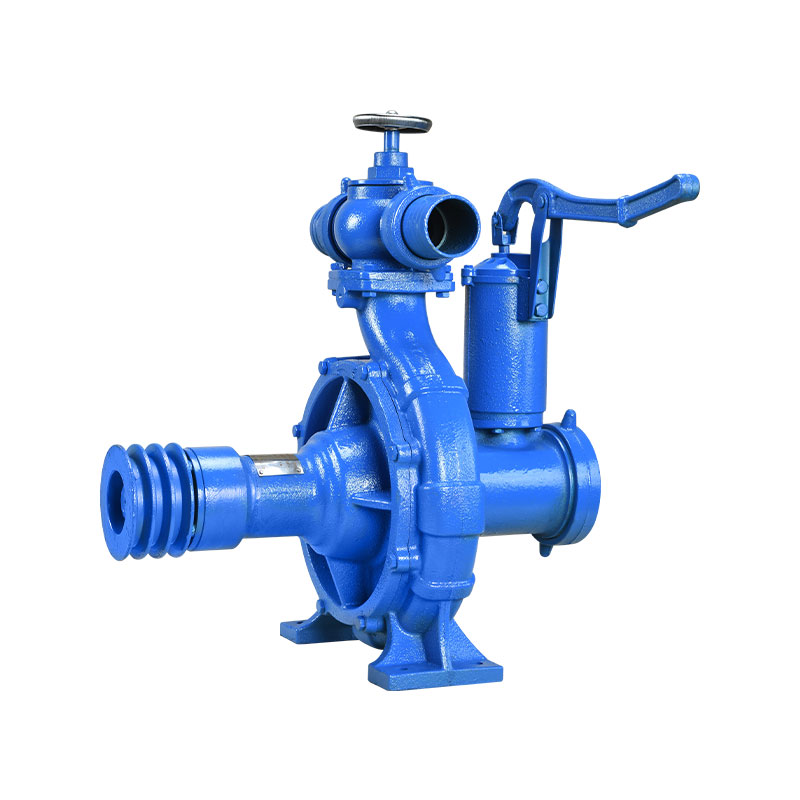
An Agricultural Self-Priming Pump is specifically engineered to draw water even when air is present in the suction line. This function is especially valuable in farming conditions where the water source is located at a lower elevation or in areas where frequent pump priming would otherwise be necessary. With no need for continuous manual priming, these pumps reduce downtime and make daily agricultural operations more manageable.
The increasing availability of centrifugal water pumps for sale on the market also reflects the growing demand for such systems. Farmers are actively searching for reliable equipment that can support regular irrigation without excessive maintenance. The centrifugal design, known for converting rotational energy into water movement, fits well in agricultural settings where water needs to be transferred over long distances or against mild elevation changes.
Another notable benefit of the Agricultural Self-Priming Pump lies in its adaptability. Whether a farm relies on surface water sources, tanks, or shallow wells, these pumps handle different scenarios with small adjustments. Their ability to continue functioning even with some air in the lines reduces the risk of dry-running damage and allows for more flexible positioning in the field. Farmers no longer need to be near the water source constantly to ensure a smooth irrigation cycle.
As the agriculture industry shifts toward more mechanized and sustainable practices, interest in modern pumping equipment has risen. The variety of centrifugal water pump for sale options includes models suited for both small farms and larger-scale operations. This diversity allows agricultural professionals to select equipment that aligns with their crop types, irrigation layout, and water availability.
One of the advantages of choosing an Agricultural Self-Priming Pump is the reduced setup time during initial installation and seasonal reactivation. Traditional pumps often require manual filling and repeated attempts to begin functioning effectively. In contrast, self-priming systems begin their work with small intervention, providing a smoother start to irrigation tasks during planting seasons or dry spells.
Furthermore, durability is a strong consideration in pump design. Many centrifugal water pump for sale listings feature corrosion-resistant materials and rugged construction. This ensures consistent performance in outdoor environments, where exposure to soil, moisture, and varying temperatures is unavoidable. Such attributes are especially important in farming, where time lost to equipment failure can directly affect yield outcomes.
The continued innovation in pump engineering has also introduced energy-conscious designs that support sustainable agriculture. Modern Agricultural Self-Priming Pump systems often incorporate energy-saving features, allowing farms to reduce their operational costs while maintaining steady water delivery. By lowering energy consumption, these pumps support eco-friendly practices without compromising output.
In regions where water access can be unpredictable or restricted, investing in a dependable centrifugal water pump for sale becomes even more important. With the right configuration, farmers can store water in tanks or reservoirs and distribute it as needed, ensuring crops receive consistent moisture even during dry periods.
The Agricultural Self-Priming Pump represents a valuable tool for today’s agricultural challenges. Its self-priming capability, ease of use, and adaptability make it a strong contender in modern irrigation systems. Paired with the wide availability of centrifugal water pumps for sale, farms have more choices than ever to support efficient and consistent watering strategies, ultimately contributing to greater productivity across various types of farmland.

 English
English русский
русский Español
Español
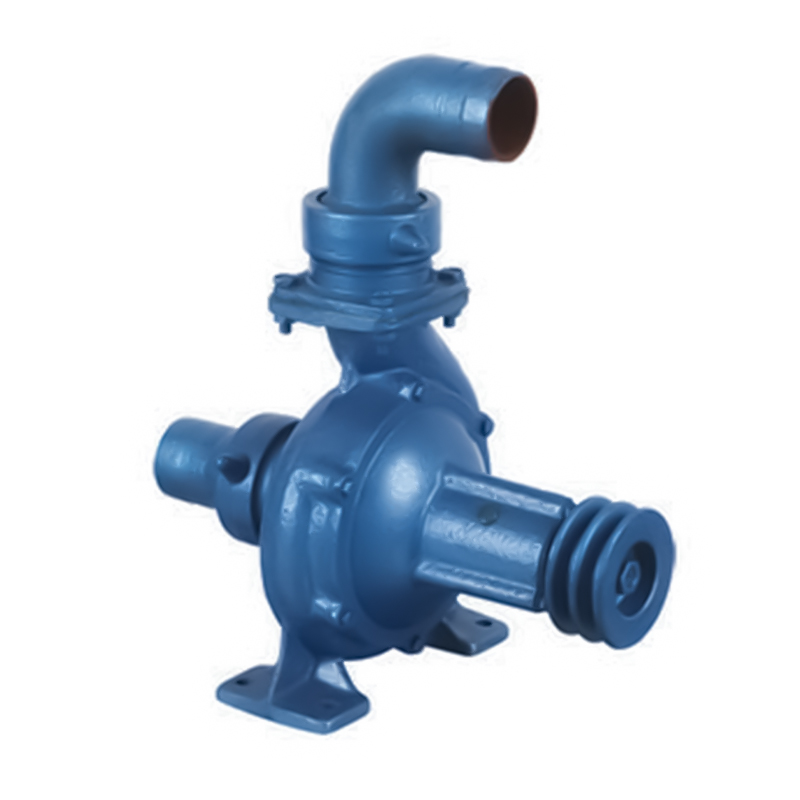
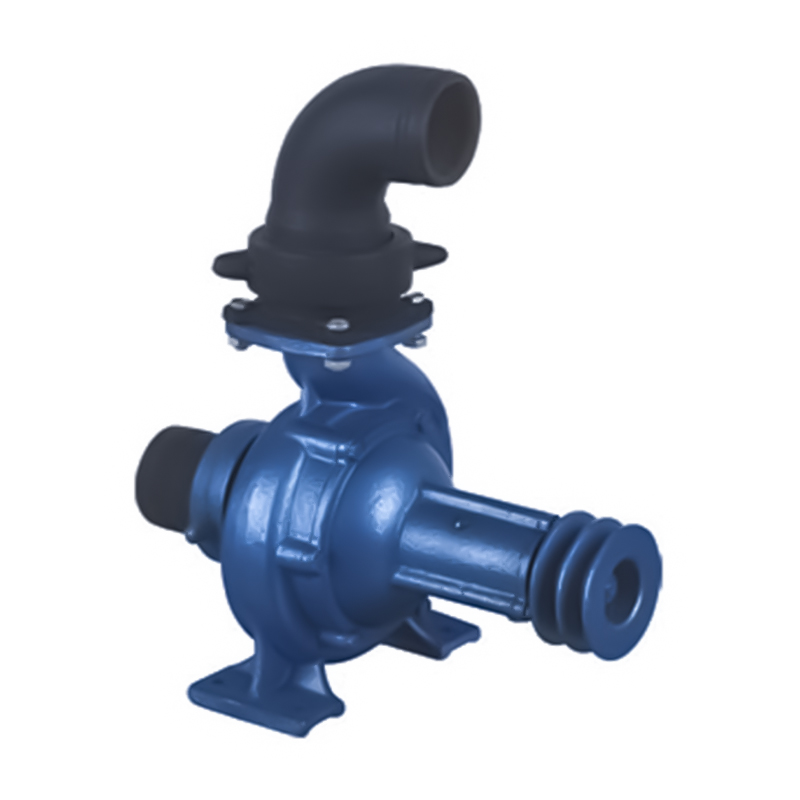

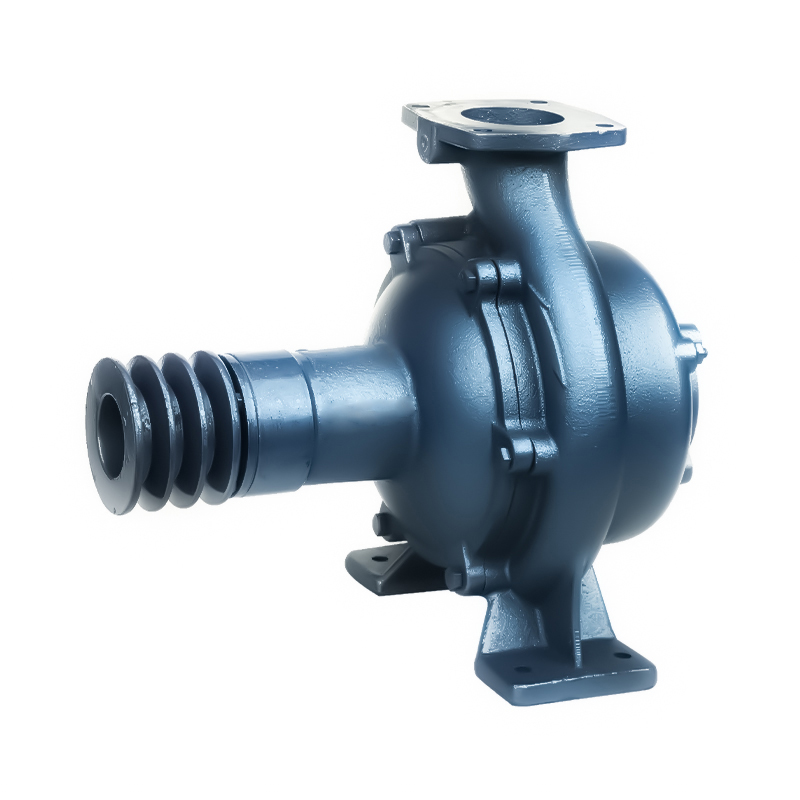
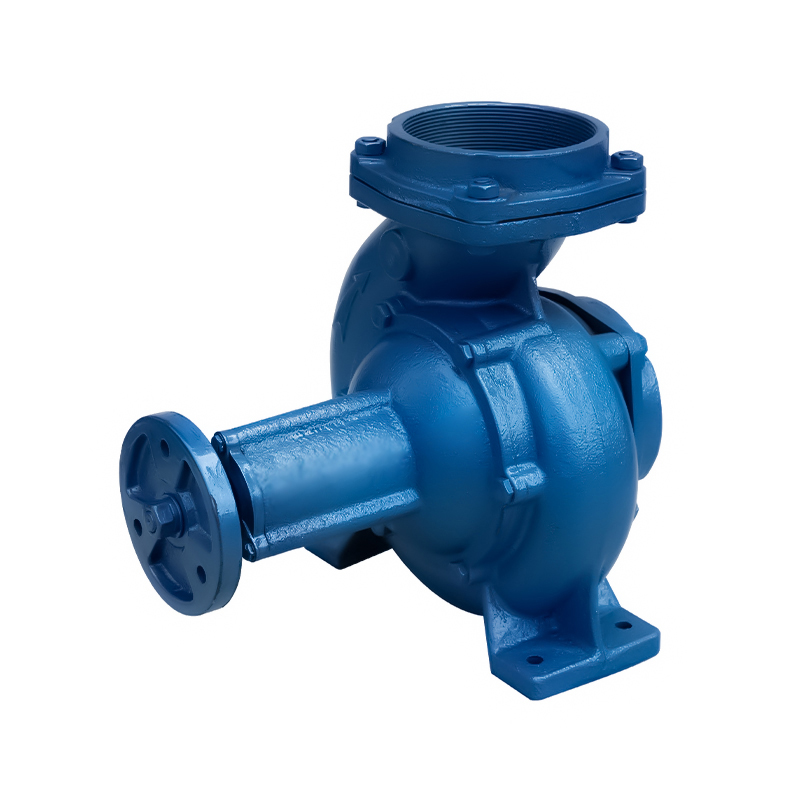
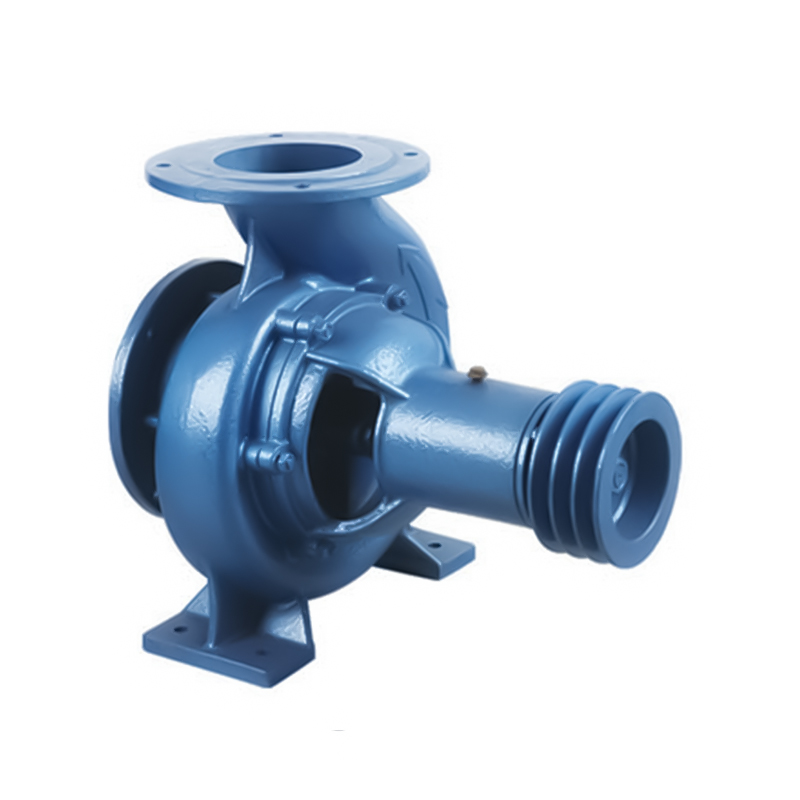
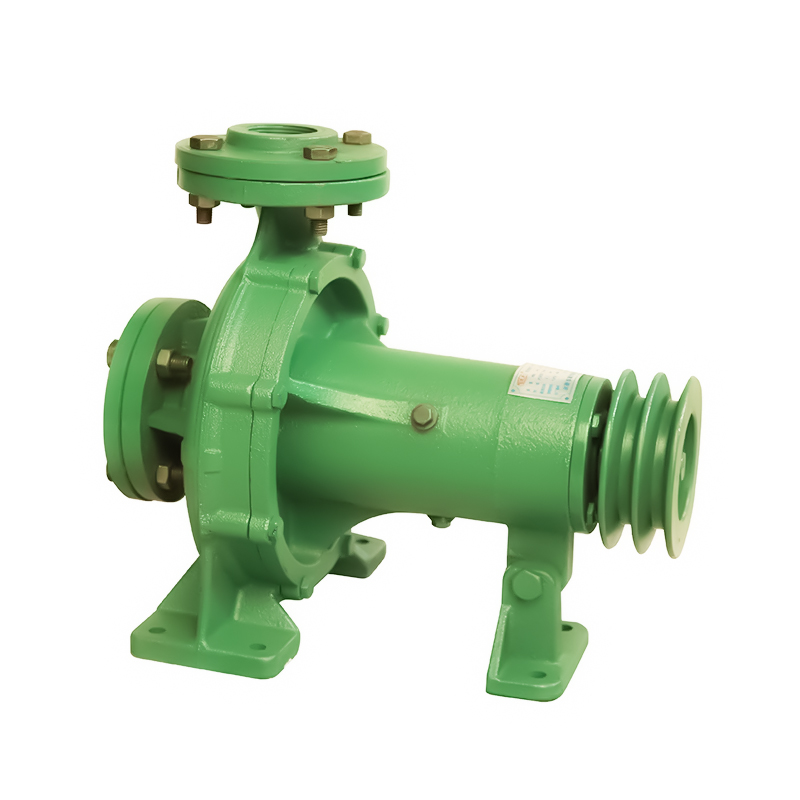

 Email:
Email:
 Phone:+86-13605899207
Phone:+86-13605899207

